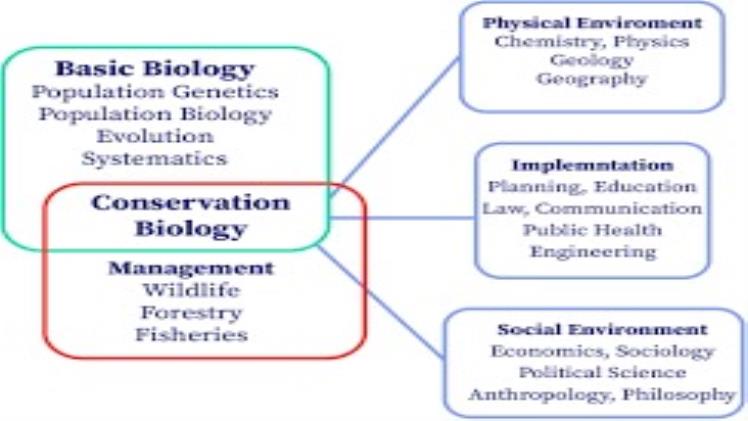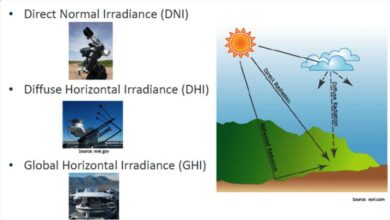What Is Conservation Biology?

Conservation Biology is an interdisciplinary field that brings together natural and social sciences in order to preserve Earth’s biological diversity. It draws on disciplines such as ecology, environmental science, zoology, and biology for this endeavor.
Conservation’s primary mission is to safeguard and conserve Earth’s diverse organisms, their habitats and ecosystems. To do this, researchers must study the causes of loss, identify what caused it, devise strategies to prevent it and work hard to reverse or reduce those losses as much as possible.
Biodiversity assessment is an interdisciplinary field with numerous subdisciplines and applications. It includes research in genetics, population dynamics, community dynamics and biodiversity assessment (the measurement of organism numbers and types in an area).
Biodiversity is the diversity of species and their interactions with one another and their environment. It forms the basis for all living systems on Earth and provides us with a means to sustain them.
Conservation of biodiversity is an intricate and challenging task that necessitates a multidisciplinary approach. It can be achieved through various techniques such as conservation preserves, research projects, and advocacy efforts.
Please visit for more information: Apkpure
Extinction of species is the most blatant form of biodiversity loss, but there are other less-recognized losses such as ecosystem collapse or genetic diversity. Even species that survive extinction can lose large amounts of genetic diversity if they have been introduced or invaded by other organisms; additionally, some habitats may shrink dramatically and cease to serve their original purpose.
These kinds of losses have far-reaching impacts that go beyond the immediate area a species or ecosystem once occupied. They can cause other species to become extinct, affect localized populations and genetic diversity within existing organisms, and alter the ecology of an entire region.
Conservation of biodiversity requires an interdisciplinary approach that draws from social sciences such as philosophy, economics, political science, urban planning and anthropology. This integration is necessary because biological information can only be understood in light of social, economic and political influences.
Conservation biologists are in an ideal position to influence our future. With a growing global population, it is our duty to safeguard planet’s resources so that humans can maintain a sustainable way of living.
To achieve this goal, we must strike a balance between biodiversity protection and economic development. We need the ability to recognize when an environmental resource is at risk and act quickly yet responsibly. To do this, we need both quantitative and qualitative data when crafting conservation initiatives.
A major in biological sciences with a concentration on conservation biology and ecology will equip you with the skillset needed to take on this monumental task. You’ll gain knowledge from various courses, plus have the chance to conduct your own research through classwork or paid summer fellowships. Through your studies, you’ll gain an intimate grasp of the issues and challenges surrounding the preservation and conservation of biological diversity around the world. Click here to know all about fashion

